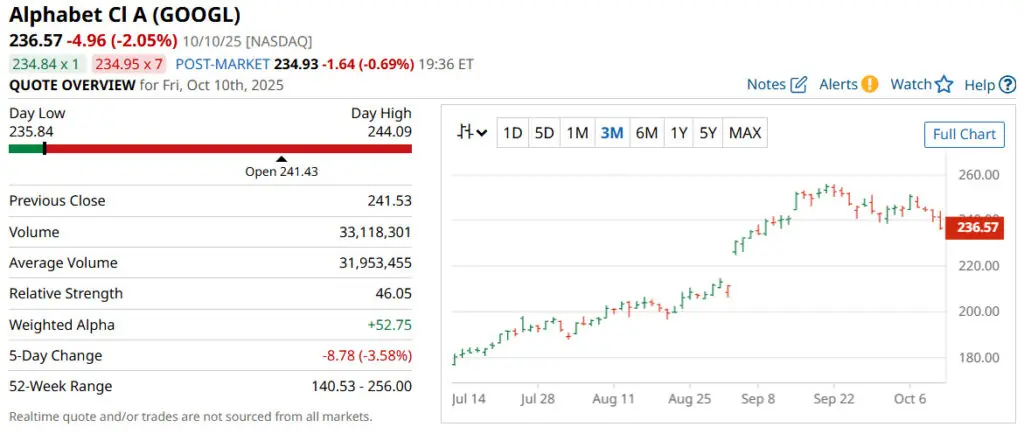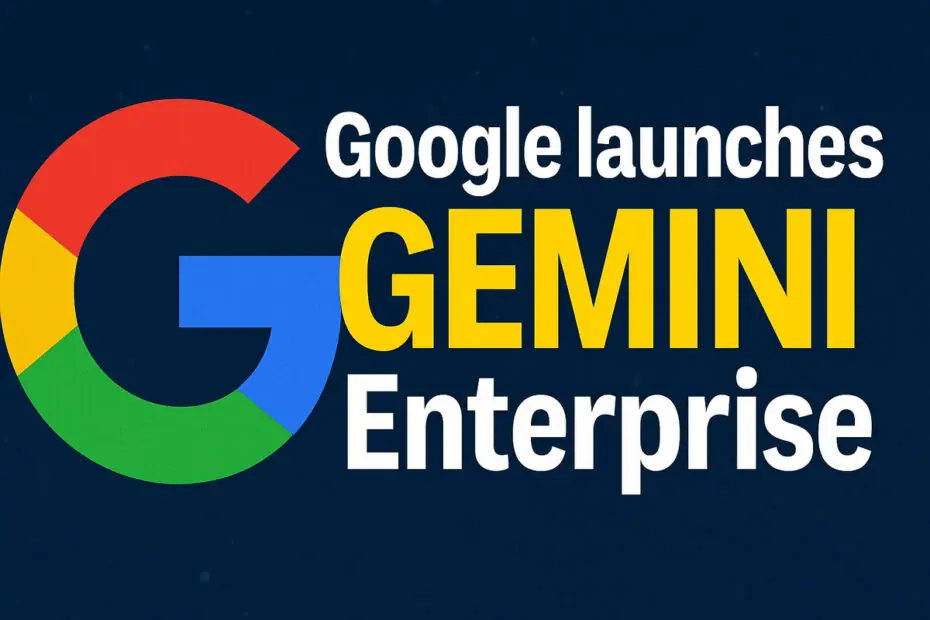In a bid to compete with Microsoft’s expanding influence in workplace software and productivity tools, Google has introduced Gemini Enterprise, a new suite designed to monetize its significant artificial intelligence investments. This new offering directly positions Google’s technology against Microsoft’s 365 Copilot, signaling a new phase of competition in the enterprise software arena.
Priced at $30 per user per month for its Enterprise Standard and Plus editions, with a more accessible Gemini Business plan at $21, the platform aims to be a centralized hub for corporate AI. It will allow businesses to leverage the Gemini model to analyze their proprietary data and deploy a range of AI agents to automate complex tasks.
According to Google Cloud CEO Thomas Kurian, the company’s strength lies in its comprehensive technology stack. “Starting at the foundation with our infrastructure, including both GPUs and our custom tensor processing units, Gemini is optimized on this architecture to deliver high performance, quality, and low latency,” Kurian explained. He positions Gemini as the essential “brains” or “nervous system” that will allow employees to interact seamlessly with their company’s digital ecosystem.
Gemini Enterprise’s functionality is built around several core components. At its heart is the powerful Gemini large language model. The platform also features a “workbench” for coordinating multiple AI agents to automate workflows and a “taskforce” of pre-built Google agents capable of performing deep research on specific topics.
A key feature for potential customers is its ability to integrate with existing data sources, including Google Workspace, Microsoft 365, Salesforce, and SAP. This interoperability is crucial for adoption, as is the ability for IT departments to track and audit agent activity to ensure proper and secure operation.
“Our goal is to bring AI to every user by providing a single, unified interface,” Kurian stated. “This acts as a front door through which employees can converse with all their enterprise data, search for information, and use AI agents to handle a variety of tasks on their behalf.”
Google reports that early adopters from industries including consulting, telecommunications, hospitality, and software development are already using Gemini Enterprise to enhance customer service and boost team productivity.
However, the market is already crowded with established competitors. Microsoft offers its own comprehensive suite of AI tools through Copilot, deeply integrated into its 365 ecosystem. Meanwhile, OpenAI markets enterprise-grade plans for ChatGPT, and Anthropic provides a similar service with its Claude model.
This push into enterprise AI is a critical component of Google Cloud’s growth strategy. The division has shown good momentum, with year-over-year revenue growth exceeding 22% since the third quarter of 2023 and peaking at 35% in that same quarter last year. Analysts project its cloud revenue will reach $14.7 billion for the upcoming Q3 2025 earnings report.

Despite this strong performance, Google Cloud still trails behind Microsoft’s cloud business, which generated a substantial $46.7 billion in its most recent quarter. The launch of Gemini Enterprise is a clear bid to close that gap and claim a larger share of the lucrative enterprise AI market.
Maybe you like other interesting articles?

